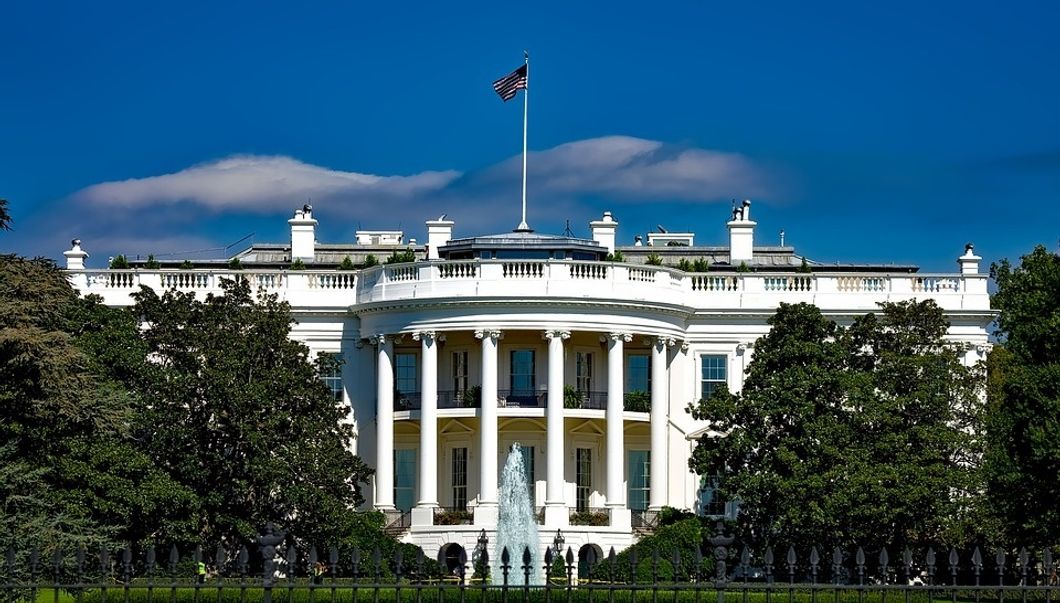Imagine this:
The Republican Party has nominated a political outsider to run for President. Running on a far-right platform that beckons back to a darker side of American history, his campaign pushes for partisanship, hate, xenophobia, and a general resentment for the U.S. government. The Democratic Party, meanwhile, is at a crossroads: one candidate, incredibly popular with younger voters, is focusing on promoting progressive policies such as healthcare, economic inequality, and campaign finance reform. Against the progressive agenda stars a more moderate, "middle-of-the-road" establishment Democrat that, while popular, does not seem to be getting enough support to overtake the Republican candidate. This leads to the Democratic Party splitting between the two candidates, the establishment Democrat winning the primary, and many dissatisfied progressives vowing to not vote for her in the general election. Naturally, this division leads the Republican candidate to victory.
Sound familiar? It should: it's the 2016 election.
I am, of course, simplifying the intense complexity of the election to fit the comparison I'm making, but the point stands. The Democratic Primary, in the spring of 2016, boiled down to a fight between the Progressive and Moderate wings of the party, and the Moderates won. Their win, however, lead to the loss of a strong base of young, enthusiastic voters who will be carrying the Democratic Party forward in the future; this helped propel Trump to the Presidency. The worst part about this situation is not that it happened in 2016, but that it is happening again with the announcement of Joe Biden running for president.
It shouldn't be hard to argue that Biden isn't a progressive. Much like Clinton in 2016, Biden is seen as a more moderate choice when running against the "radical" ideas of Sanders, who only expanded his progressive platform since the last election. Meanwhile, Bernie's most ambitious proposal of the 2016 election -- Medicare for All -- has become one of the top issues of all major 2020 candidates. The increased popularity of Bernie's proposals points to a trend anyone paying attention to politics should know: the Progressive agenda is the future of the Democratic Party. With more and more young people voting future elections, establishment Democrats need to embrace them if they want to win. Instead, they have down what they can to belittle popular Progressives and dismiss progressive ideas as radical.
I fully understand that a lot has happened since 2016. A lot of Democrats probably don't care who wins the nomination as long as they aren't Trump. However, much like the 2016 election, the results of the 2020 election is going to be a catalyst for the future of our nation. Is the Democratic Party going to risk the possibility of another party split for political expediency, or will they embrace the innovative and powerful change possible in the Progressive agenda? I guess we will know in just a year.
















